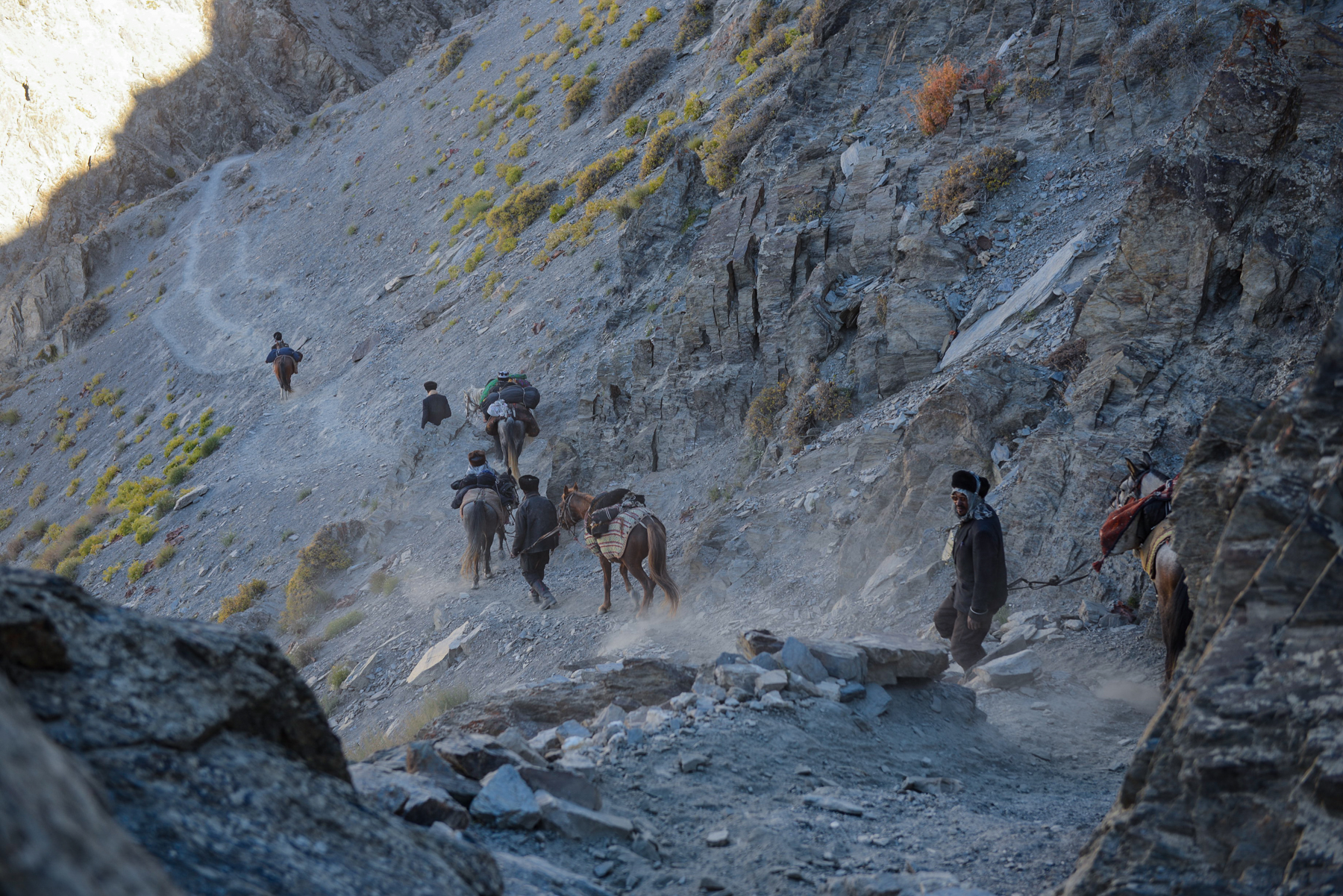Project: “Remoteness and Connectivity: Highland Asia in the World”
On Tuesday June 6, 2017, Tobias Marschall talks about "Ways of the Afghan Pamir: Tracking Change on the Silk Roads' Remote Pathways".
06.06.2017 at 18:00
Tobias Marschall, University of Tübingen
Ways of the Afghan Pamir: Tracking Change on the Silk Roads' Remote Pathways
The Afghan Pamir is situated at a unique crossroads at the north-western end of the Himalayas. Central Asia’s highest peaks throne over two large valleys lying over 4300 meters above mean sea level. Both on the periphery of contemporary religious, cultural and political domains as well as on the pathways of ancient trading routes, its particular location opens a variety of complex exchanges. Afghan Kyrgyz and Wakhi have successfully negotiated these ever-changing and difficult geopolitical settings. In adapting a high-risk, high-reward pastoral existence necessary for survival, they have constantly reconfigured their relationship with dominant powers.
Recently, Chinese troops mysteriously roamed in the Pamirs, the borders to Pakistan were closed, an important political leader died, members of important religious movements reached the area for the first time, the entire Wakhan district was declared a National Park, and convoys of humanitarian aid eventually distributed provisions from the Kyrgyz Republic after years of waiting. Afghan Kyrgyz and Wakhi lives are on the verge of yet another phase of entanglements with the world.
When? Tuesday, June 6 2017, 6 - 8 pm
Where? Oettingenstr. 67, room 133, site map
Contact: Dr. Martin Saxer, Research Group Leader of the ERC Starting Grant Project “Remoteness and Connectivity: Highland Asia in the World”

Bohrak, Little Pamir, end of September. High mountain
passes separate the lowland Wakhan from the upland
Pamir. Our group walked four days to reach the road
to the district center. © 2016 Tobias Marschall
Download
- Presentation_Tobias Marschall (114 KByte)

